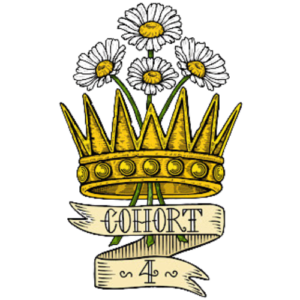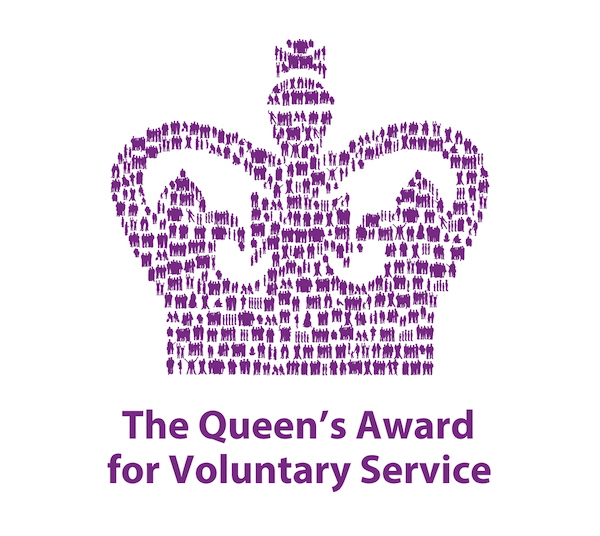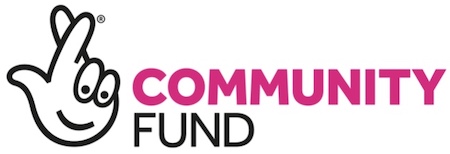Having attended the Launch of the findings of the National commission on Domestic and Sexual Violence and Multiple Disadvantage in London this week, three members of Cohort 4 discussed the report ‘Breaking Down the Barriers.’ One of the strongest key themes presented to the commission was the high value placed on having practitioners in the field with lived experience, both in the design of services and in the actual delivery. This was vital in terms of engagement and trust it seems.
Women attending the launch had lived experience of abuse and had experience of multiple disadvantages in their lives. They talked about this subject area.
“I don’t care what you say, and I really mean this. You can’t know what it’s like from a book, from getting some certificate. It means so much more if you know she really gets me, really understands what I’ve gone through. It won’t be the same experience, we’re all different, but I don’t want some professional who hasn’t been a mum, hasn’t been abused, doesn’t understand my life. She might be kind, but she won’t get me!”
We’re a peer support organisation and the women with lived experience make decisions on their needs and wishes, not what others think might be helpful. For them it is likely to be the first time that they have experienced this approach. Most of our women have been processed through the differing social work, mental health, addictions, criminal justice processes – but haven’t felt listened to. They haven’t been asked what they need, they haven’t felt understood nor been afforded the time they need to make changes in their lives. Without attending to their time, the process time of the agency has taken priority and the support has not been as effective as it might have been.
All paid staff at Cohort 4 have lived experience of abuse and other disadvantage. That’s important. Clear routes are identified where appropriately ready women (varies from woman to woman, naturally), can train to be peer mentors; or can work as sessional project workers. This might be as a cook in the kitchen, or as someone involved in the planning and administration of Cohort 4 projects. There is a clear structure of support for each woman employed by Cohort 4, good hourly pay and safe, supportive supervision and encouragement.
Valuing lived experience is arguably essential within women’s grass roots organisations. So too the skills and knowledge base of each woman. We don’t preclude our women from saying that she survives, if she feels it’s appropriate to share that with another woman in the group. She won’t necessarily speak about her experience, but just knowing that she’s been there, has walked in those shoes, is fundamentally important to the motivation and sense of hope to our group of women.
*** image from Breaking Down the Barriers report (page 14).
B


Recent Posts
- Essential Toiletries and some beautiful Products for women at Cohort 4 19th December 2023
- One of my favourite Cohort 4 achievements 17th September 2023
- Cohort 4 at the Domestic Abuse Commissioner’s 1st Conference – A Festival of Practice 13th April 2023
- Thursday Lunch Club Outcomes and Continuation 6th April 2023
Archives
- December 2023
- September 2023
- April 2023
- November 2022
- May 2022
- October 2021
- July 2021
- June 2021
- May 2021
- April 2021
- March 2021
- February 2021
- January 2021
- November 2020
- October 2020
- September 2020
- August 2020
- June 2020
- May 2020
- March 2020
- January 2020
- November 2019
- October 2019
- September 2019
- August 2019
- June 2019
- April 2019
- March 2019
- February 2019
- January 2019
- December 2018
- October 2018
- September 2018
- July 2018
- May 2018
- April 2018
- March 2018
- February 2018
- January 2018
- December 2017
- November 2017
- August 2017
- March 2017
- February 2017
- January 2017
- December 2016
- November 2016
- September 2016
- August 2016
- May 2016
- April 2016




Recent Comments